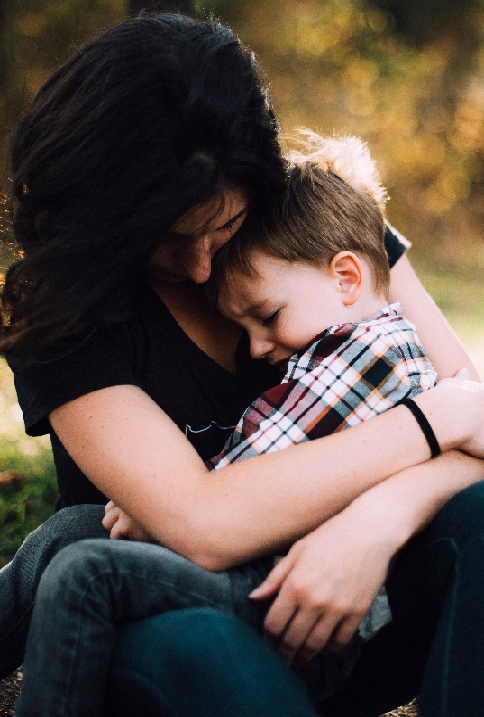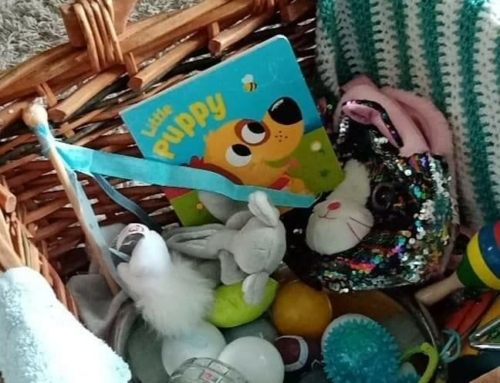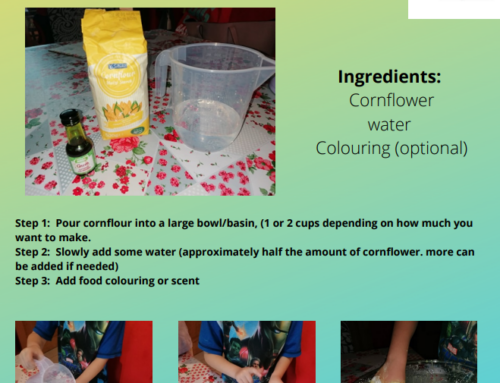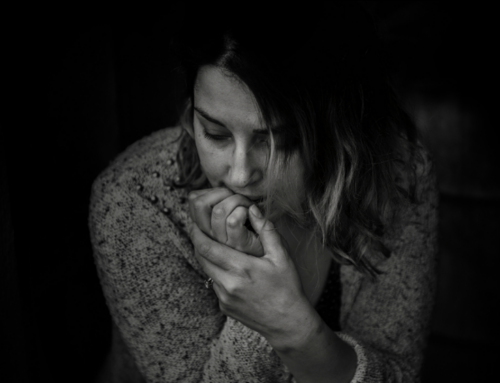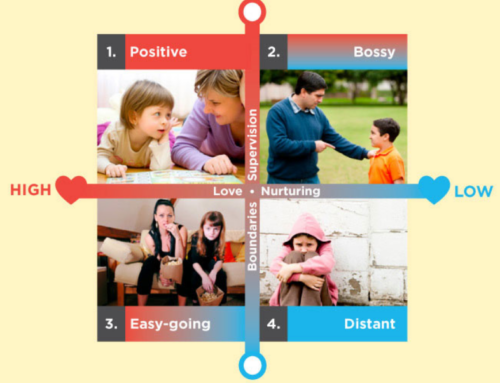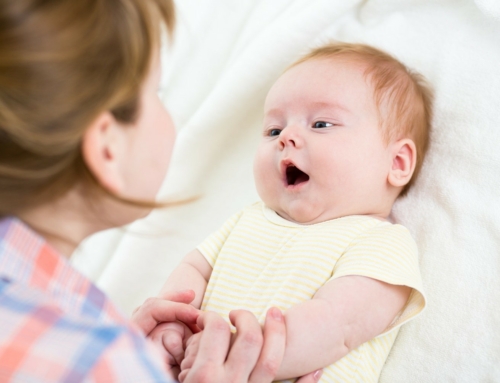Fear and concern for our love ones around the issue of the coronavirus is everywhere. Schools closing (depending on where you live). Panic buying in shops. TV and radio continuously talking about rising statistics on how many have the virus and rising death totals. This is indeed a frightening time not just for ourselves but also our children. Many of our children will be just as stressed and anxious about this virus as ourselves. UNICEF have outlined 8 tips on how we can support our children by talking to them to help them understand, cope and be mindful of others.
- Ask them what they know and listen to what they are telling you.
When you have time to be fully attentive start the conversation. Let them lead and then decide what you need to build upon. If they are very young they may not be that aware, if this is the case simply talk about good hygiene and avoid introducing unnecessary fear. The older your child is the more likely they will have concerns. Don’t minimise or avoid your children’s concerns, allow them to talk freely. If they find it difficult to talk ask them to draw, use stories or other activities that can help them talk about how they are feeling. Reassure them that you hear their concerns and that they can talk to you at any time.
- Be honest: explain the truth in a child-friendly way.
Remember children have a right to truthful information about what is going on in the world, but we as parents have a responsibility to keep them safe from distress. Use age-appropriate language, watch their reactions, and be sensitive to their level of anxiety.
If you don’t have the answers, don’t guess or ignore. Use this as an opportunity to learn together. Use informed websites like UNICEF and the World Health Organisation who will have lots of information. Talk to children about how some information online isn’t always correct and we should only trust websites who are experts on what we want to learn about.
- Show them how to protect themselves and their friends.
I am sure everyone now is aware of the best ways to protect ourselves against coronavirus and other diseases is hand-washing. This doesn’t need to be a scary conversation. Sing along with The Wiggles or follow this dance to make learning fun. Show your child how to cover a cough or a sneeze with their elbow, explain that it’s best not to get too close to people who have symptoms, and ask them to tell you if they start to feel unwell.
- Offer reassurance
It is nearly impossible to tune out about ‘Covid-19’ as it is in the news everywhere and as such this can feel overwhelming for us and our children. Your child may feel they are in real danger. Help your child to destress by making lots of opportunity for play and relaxation. For those who are off school make sure they do the work sent home with them. Keep routine as regular as possible, especially their night time routine.
If there is an outbreak in your area – remind your child that they are not likely to catch it and that most people especially children don’t get very sick. Let them know that lots of adults are working hard to keep families safe.
If your child does feel unwell, explain why they must stay at home (or if needed hospital) because it is safer for them and their friends. Let them know that you understand this is difficult but if we follow these rules we can keep lots more people safe.
- Check to see if they are blaming others
It is sad to say but there has been a rise in racial discrimination around the world because of this outbreak. Check your child is not experiencing this or contributing to bullying. Remind children that coronavirus has nothing to do with how someone looks, where they are from or what language they speak. If they are being bullied, they should feel comfortable telling an adult they trust.
- Kindness
Tell your child about all the kind work so many people are doing to help each other through this crisis. Talk to them about the health workers, scientists, teachers, and lots of others who are working to keep our communities safe. This can be a comfort to children if they know caring people are doing their best for us.
- Take care of yourself
Children pick up on how we respond to the news so it helps them to know if you’re calm and in control! If you’re anxious or upset, take time to talk to friends and family. Do things that help you to relax also.
- Finish on a caring note.
Finish your talk only when you’re sure your child is calm and reassure them again they can talk to you at any time. Keep an eye on their levels of anxiety by watching their body language, take in their tone of voice and watch their breathing. Remind them that you care, you’re listening and that you’re available whenever they’re feeling worried.
Thanks to these great tips from Jacob Hunt, UNICEF


